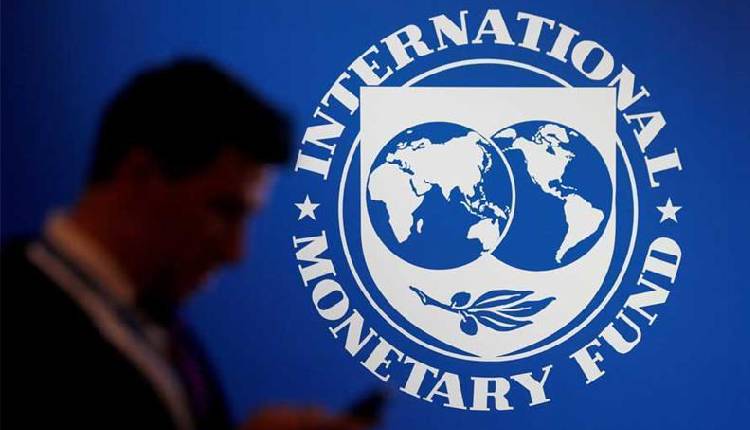Pakistan holds unscheduled talks with IMF on $7b bailout reform agenda
Pakistan engaged in an unscheduled round of talks with the International Monetary Fund (IMF) last week to discuss its $7 billion bailout reform agenda, Finance Minister Muhammad Aurangzeb confirmed on Sunday. The discussions, which took place in Islamabad, focused on several key reforms but reassured that no new taxes would be imposed.
The talks occurred just six weeks after the IMF approved the bailout, a rare move as the IMF typically waits until the formal review of a country’s reform progress before such discussions. Pakistan’s first reform review under the Extended Fund Facility (EFF) is scheduled for early 2025.
In a video statement broadcast by state-run television, Minister Aurangzeb outlined the key areas discussed, including reforms in taxation, the energy sector, the privatisation of loss-making state-owned enterprises (SOEs), and public finances.
The IMF mission, after completing its visit, expressed optimism over Pakistan’s continued commitment to the reform agenda, which aims to address long-standing economic vulnerabilities. However, sources within Pakistan’s finance ministry indicated that the IMF’s visit was prompted by concerns over some major lapses, particularly a revenue shortfall of nearly 190 billion rupees ($685 million) in the first quarter of the current fiscal year. Additionally, Pakistan faced a $2.5 billion external financing gap and struggled to privatize its national airline.
Despite concerns that the revenue shortfall might require new taxes, Aurangzeb assured that Pakistan would address the gap through stronger enforcement and compliance with existing tax laws. “We are going to be very firm on compliance and enforcement,” he said, stressing that all sectors would need to contribute to the country’s economic recovery.
The IMF and Pakistan agreed on the importance of maintaining prudent fiscal and monetary policies, alongside efforts to tap into untapped tax bases to improve revenue mobilization.
Pakistan, with a $350 billion economy, has experienced long-standing economic instability, relying on 23 IMF bailouts since 1958 to stabilise its finances.
Attribution: Reuters


